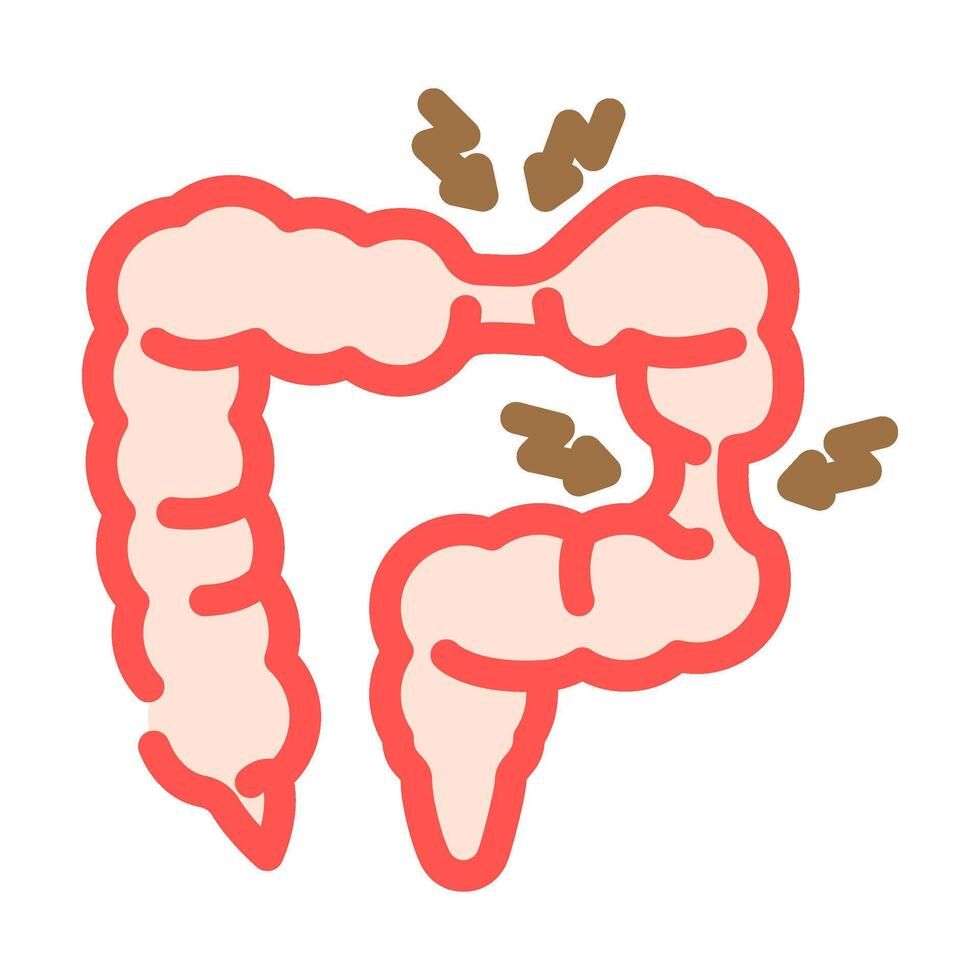What Causes It?
Abnormal intestinal muscle contractions that may be stronger or weaker than normal
Nervous system abnormalities affecting the signals between the brain and digestive tract (gut-brain axis dysfunction)
Heightened pain sensitivity in the intestines (visceral hypersensitivity)
Alterations in the gut microbiome (the bacteria that normally live in the intestines)
Post-infectious IBS developing after a severe gastrointestinal infection
Food sensitivities or intolerances, particularly to certain carbohydrates (FODMAPs)
Chronic stress, anxiety, or depression, which can trigger or worsen symptoms
Hormonal changes (IBS is more common in women and symptoms may worsen during menstrual periods)
Genetic factors and family history
Early life stress or trauma
Signs & Symptoms
Abdominal pain or cramping, typically relieved by bowel movements
Bloating and abdominal distension
Excessive gas
Diarrhea, constipation, or alternating between both (leading to classification as IBS-D, IBS-C, or IBS-M)
Changes in stool appearance (watery, loose, lumpy, or hard)
Urgency with bowel movements
Feeling of incomplete evacuation after bowel movements
Mucus in the stool
Symptoms typically worse after meals
Fatigue and sleep disturbances
Non-gastrointestinal symptoms like headache, backache, or urinary symptoms in some patients
Symptoms tend to flare during periods of increased stress
